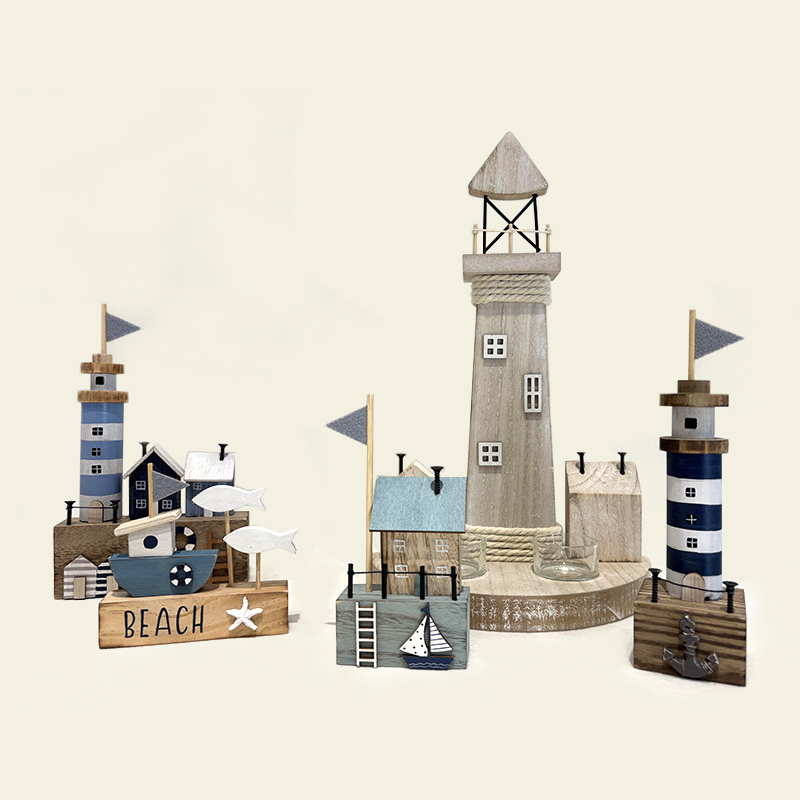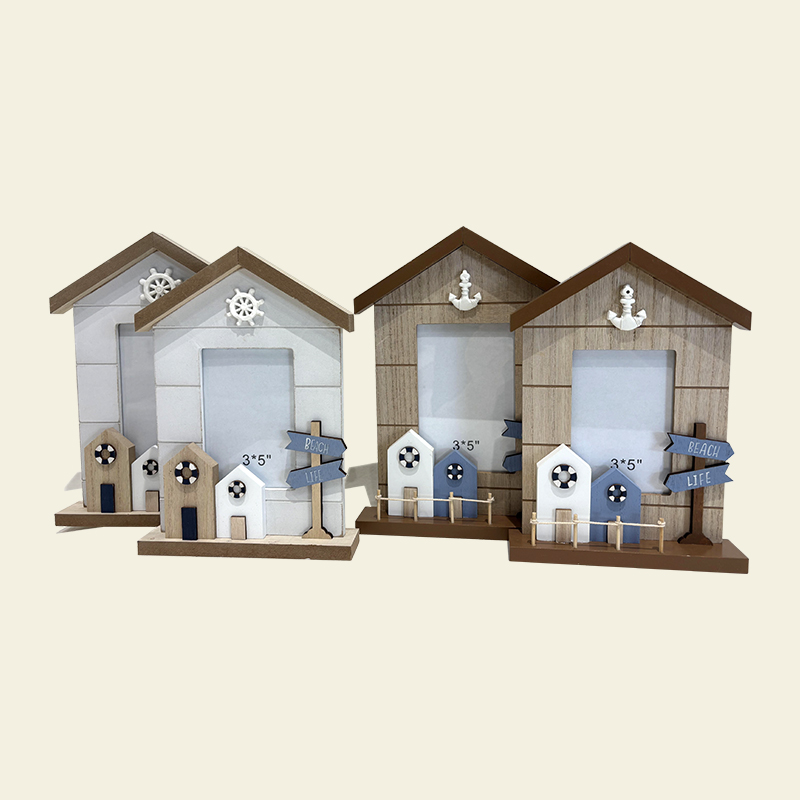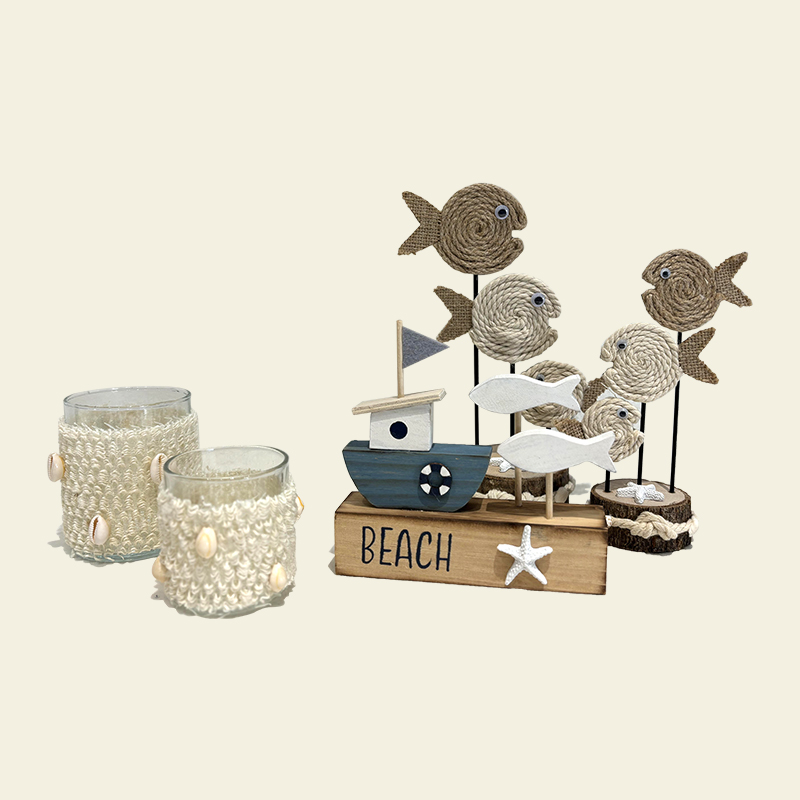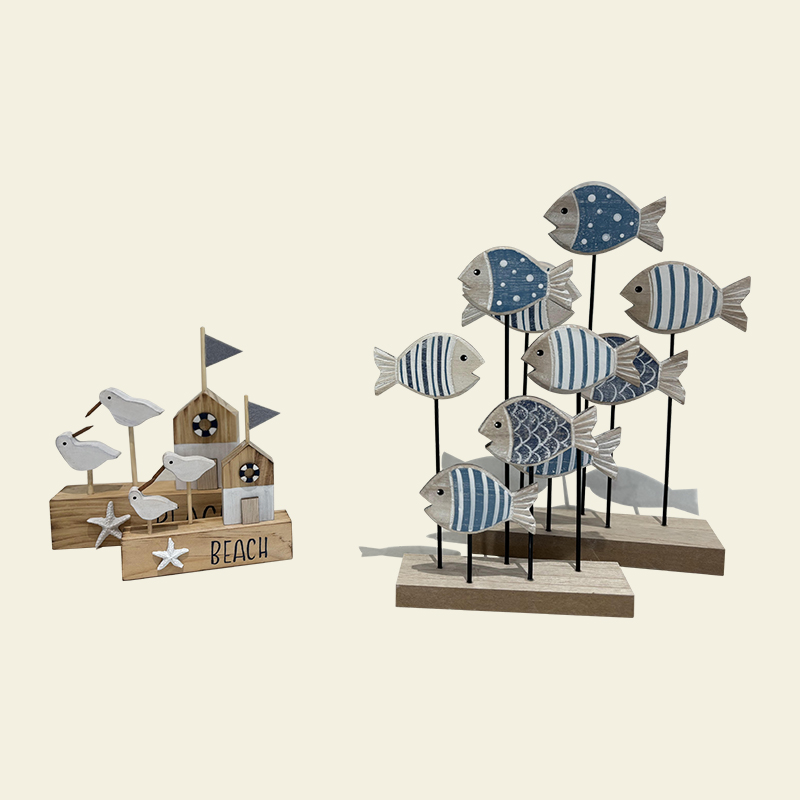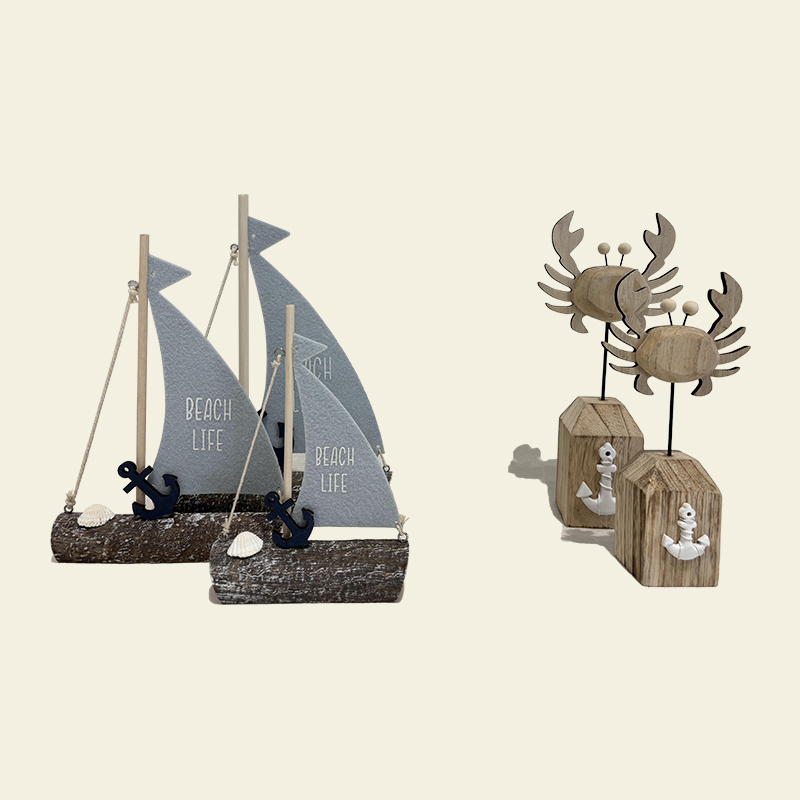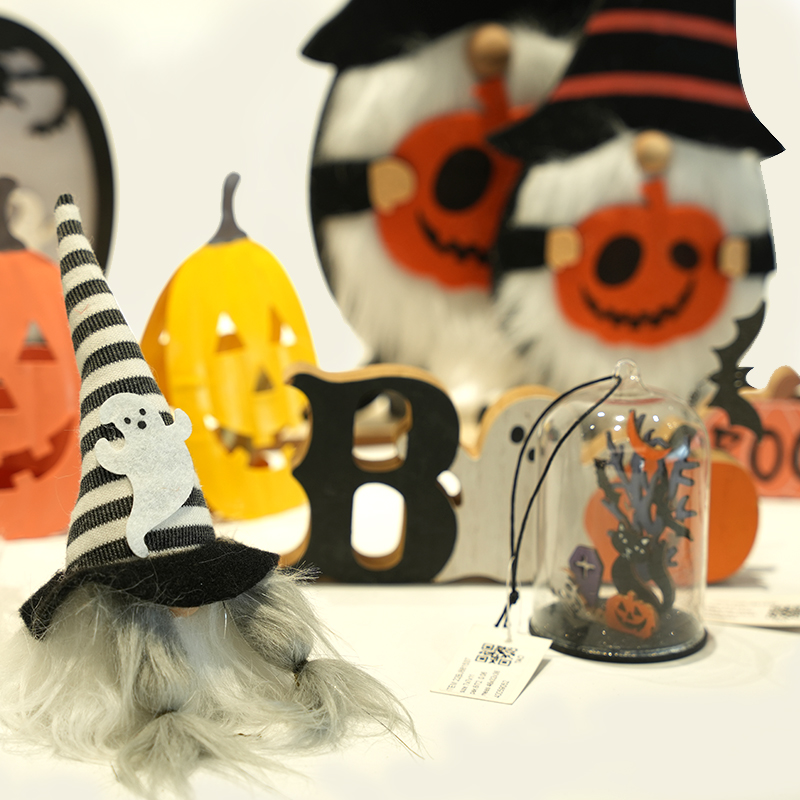Quote
The role of small fabric doll in children's education and learning
ODM small fabric doll manufacturer and exporter
Small fabric dolls have long been not only a companion in children's play, but also a part of educational tools. In the field of education, these seemingly simple toys can be transformed into powerful tools for promoting the development of children's language and social skills.
From the perspective of language development, small fabric doll can be a medium for children's early language learning. By role-playing with dolls, children are able to practice conversations, storytelling and expressing emotions, activities that are essential for vocabulary development and mastery of grammatical structures. For example, children may imitate adult behavior by giving small fabric doll "Lessons," In which they naturally use and practice new vocabulary and sentence structures. In addition, educators can guide children to further develop their language skills by describing the features, movements, or emotions of dolls.
In terms of social skills, small fabric dolls provide a safe environment for children to learn how to interact with others over the course of play. By simulating everyday social situations, such as parties, shopping, or going to the doctor, children can unconsciously learn the importance of etiquette, taking turns in conversation, and cooperation. Dolls can also act as listeners to help children express feelings and concerns, thereby enhancing their self-expression and emotional understanding.
Using small fabric doll for education in a group setting encourages children to share, collaborate and learn to resolve conflicts. When children orchestrate stories together with cloth dolls, they are not only practicing verbal communication, but also learning how to collaborate to create a common story line. This interaction requires children to learn to listen to other people's ideas and incorporate them into their own narratives, which is a fundamental component of social skills.
Small fabric doll can also be introduced into more formal educational settings as teaching aids. When teaching different occupational or cultural backgrounds, representative dolls can help children better understand and connect the curriculum content. For example, when exploring history or geography lessons, period-specific clothing or region-specific dolls can make abstract concepts vivid and concrete, thus deepening children's understanding and memory.
Going a step further, small fabric doll can also be used in the field of special education. For children with social difficulties, such as autism, small fabric doll can serve as a non-threatening interaction tool to help them practice social skills and build confidence in a safe environment. By interacting with dolls, these children can practice conversation and eye contact without external judgment, gradually building up their ability to interact with people.
Small fabric dolls promote children's language and social skills by stimulating imagination and providing interactive experiences. Of course, in order to maximize the educational potential of small fabric doll, parents and educators should be actively involved in guiding and expanding children's play experiences as part of the learning process. Through the creative use of small rag dolls, we can open up a world of learning possibilities for children, allowing every little player to grow up with fun.
Next: Five Core Techniques in Crafting small wood crafts



 English
English 中文简体
中文简体 Deutsch
Deutsch Español
Español
